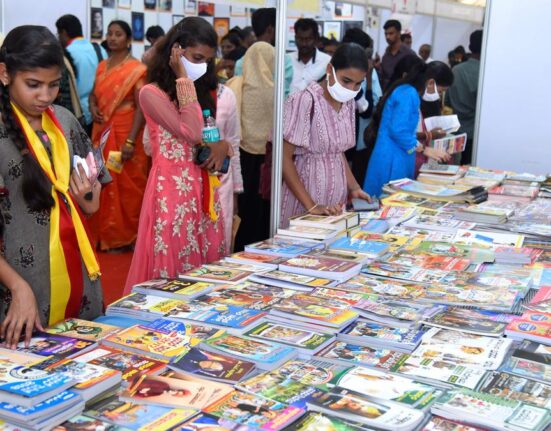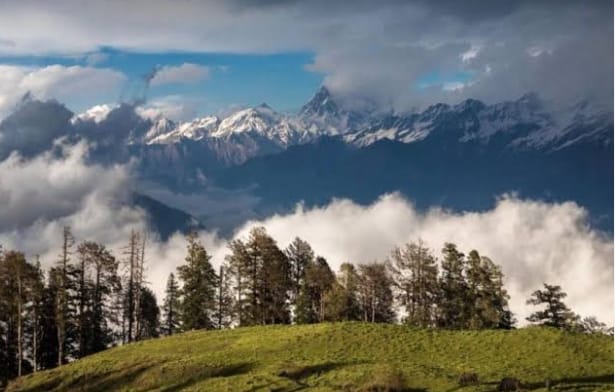Uttarakhand, known as “the land of gods,” is famous for its beautiful mountains, but it also has
many “ghost villages” — villages where people have left to find work elsewhere. According to
estimates, the state now has nearly 2,000 such villages, up from 1,048 in 2011. Despite this
challenge, there is hope for the future, thanks to people like Vimal Nautiyal.
Vimal grew up in a small village called Ukhiyat in Tehri district. After finishing his hotel
management degree in 2009, he worked as a pastry chef in boutique resorts and five-star
hotels, even traveling abroad for his job. However, despite his success, Vimal always felt a deep
connection to his hometown and wanted to return to help his community.
In 2020, when the COVID-19 pandemic caused many people to rethink their lives, Vimal
decided to leave his hotel job and go back to Ukhiyat, where he had ancestral land. He turned
15 nalis (about 3,600 square meters) of unused land into a thriving farm. Vimal planted 1,000
apple trees, along with other fruits like kiwi, pears, peaches, and apricots, and also grew organic
vegetables like capsicum, bottle gourd, and potatoes.
The farm did so well that Vimal made far more money than he had expected. His success has
inspired other farmers in nearby villages like Buthkot, Bangsil, Mouldhar, and Bhuyasari to try
horticulture as a way to make a living.
Vimal’s journey wouldn’t have been possible without support from Mangesh Ghildiyal, the former
district magistrate of Tehri Garhwal, who helped him grow his project. Vimal has received
awards for his work, including the 2023 Pratibha Samman for Excellence in Horticulture and the
2024 Uttarakhand Sthambh Samman for Organic Farming and Self-Employment.
Thanks to Vimal, more people in the area are now starting their own farms, growing apples and
other crops. This has created new jobs, improved local food security, and boosted the economy.
Vimal’s approach has shown that even in the mountains, with hard work and smart farming,
people can thrive.
Vimal’s story is a powerful reminder that success depends not on the place, but on
determination and a willingness to work hard. He has proven that rural areas can develop
through innovation and community effort.












